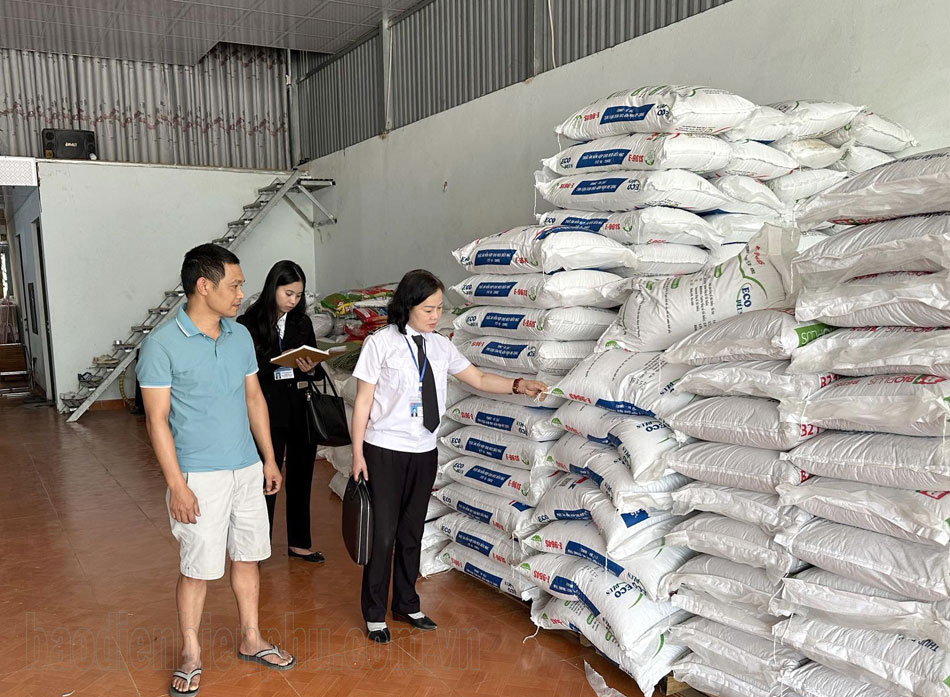
Prohibited substances in livestock farming are also known as lean meat-producing substances belonging to the Beta-agonist group, with 3 typical substances: Clenbuterol, Salbutamol and Ractoppamine. These are substances at the top of the list of antibiotics and chemicals banned from use in livestock farming. This group of chemicals will endanger human health and life if people eat meat from animals that use many banned substances.
In recent times, the Department of Animal Husbandry, Veterinary Medicine and Fisheries has stepped up propaganda and dissemination of legal regulations, especially the dangers of using banned substances in animal husbandry to consumers' health. At the same time, it has coordinated with functional forces to strengthen inspection and control of antibiotic residues and the use of banned substances in animal husbandry at establishments producing and trading animal feed and veterinary drugs; farms; slaughterhouses, establishments trading livestock and poultry products, etc. It has promptly and strictly handled violations in accordance with the law, while raising awareness among producers and traders, ensuring that people can use safe products.

To prevent the trading and use of banned substances in livestock farming, every year the Department of Animal Husbandry, Veterinary and Fisheries has established inspection teams to collect samples for testing at livestock farming, slaughtering, feed and veterinary medicine trading facilities. From 2022 to present, 220 urine samples and 204 meat samples have been collected at nearly 200 pig slaughterhouses to monitor the banned substance Salbutamol and residues of Tetracycline antibiotics. From the beginning of 2024 to present, 27 facilities have been inspected; rapid testing of urine samples at slaughterhouses, centrifugation of meat samples, distillation... The results show that 100% of the samples are negative for the testing indicators.
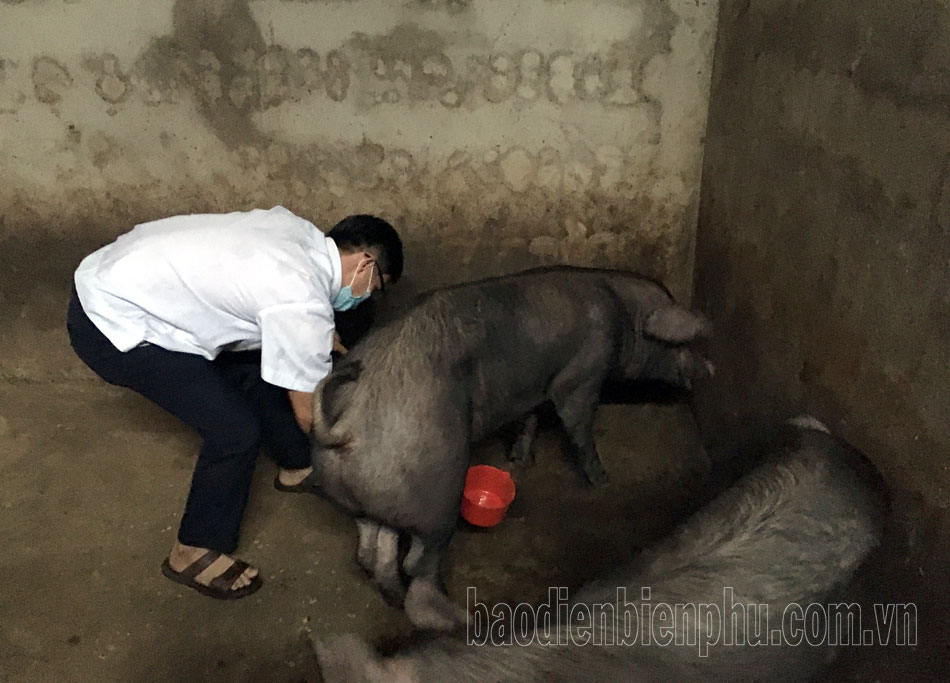
According to Mr. Do Thai My, Head of the Department of Animal Husbandry, Veterinary and Aquatic Products, the total livestock herd in the province is currently over 5 million cattle and poultry and the aquatic product output is over 4,740 tons. However, the province does not have any facilities for the production and processing of industrial animal feed, so it has to import over 30,000 tons/year. The province has over 300 establishments specializing in the business and trade of animal feed. Thanks to good propaganda work; inspection and supervision of disease safety, the province has not detected any use of banned substances in animal husbandry; livestock households in the area have signed a commitment to practice safe animal husbandry, not using banned substances.
Currently, the source of animal feed is mainly imported from other provinces, so it is difficult to check and monitor the origin. In addition, the facilities for buying and selling animal feed are not fixed, constantly changing, scattered in localities, with output from 1 - 10 tons/month, some wholesale facilities sell 20 - 300 tons/month. The area is large and traffic is inconvenient, so the authorities have difficulty in checking and monitoring.
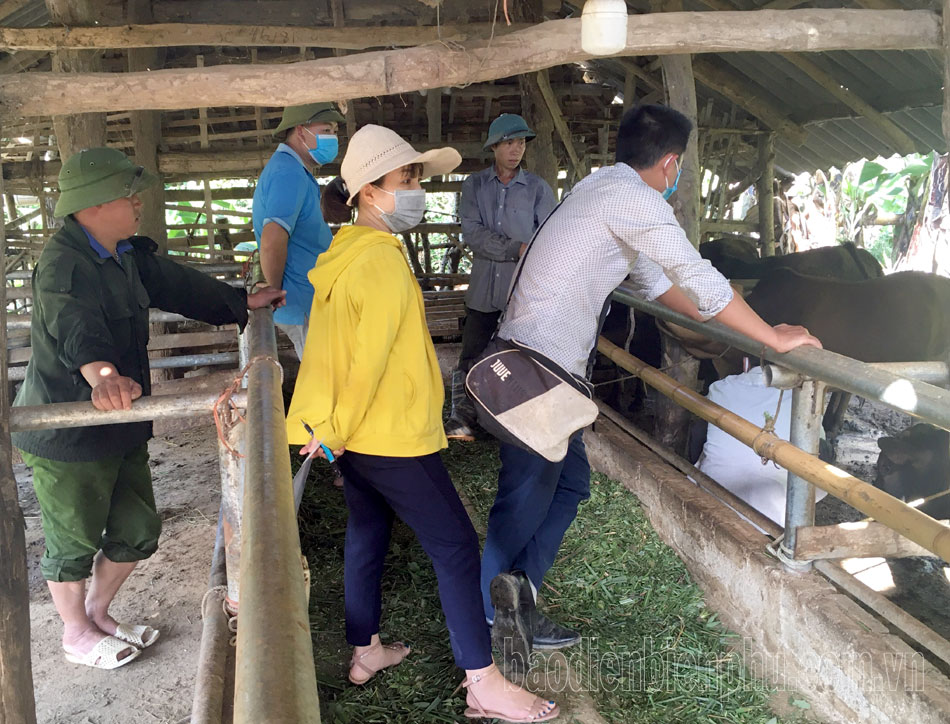
According to Mr. My, to prevent and stop the use of banned substances in livestock farming, the most important solution is to promote propaganda and mobilization so that traders and livestock farmers can best understand the harmful effects of banned substances on human health. Strengthen inspection of animal feed trading establishments, focusing on large establishments and level 1 agents to promptly detect and prevent violations. In addition, people need to strengthen supervision and promptly detect cases of trading and using banned substances in livestock farming to report to competent agencies or local authorities for handling according to the provisions of law.
Source


![[Photo] "Beauties" participate in the parade rehearsal at Bien Hoa airport](https://vstatic.vietnam.vn/vietnam/resource/IMAGE/2025/4/11/155502af3384431e918de0e2e585d13a)

![[Photo] Looking back at the impressive moments of the Vietnamese rescue team in Myanmar](https://vstatic.vietnam.vn/vietnam/resource/IMAGE/2025/4/11/5623ca902a934e19b604c718265249d0)
























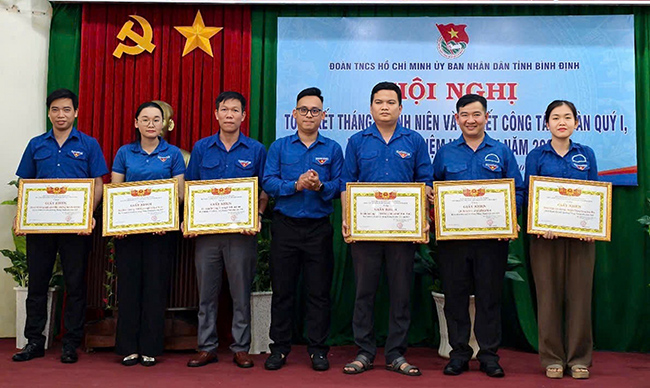

![[Photo] Summary of parade practice in preparation for the April 30th celebration](https://vstatic.vietnam.vn/vietnam/resource/IMAGE/2025/4/11/78cfee0f2cc045b387ff1a4362b5950f)











































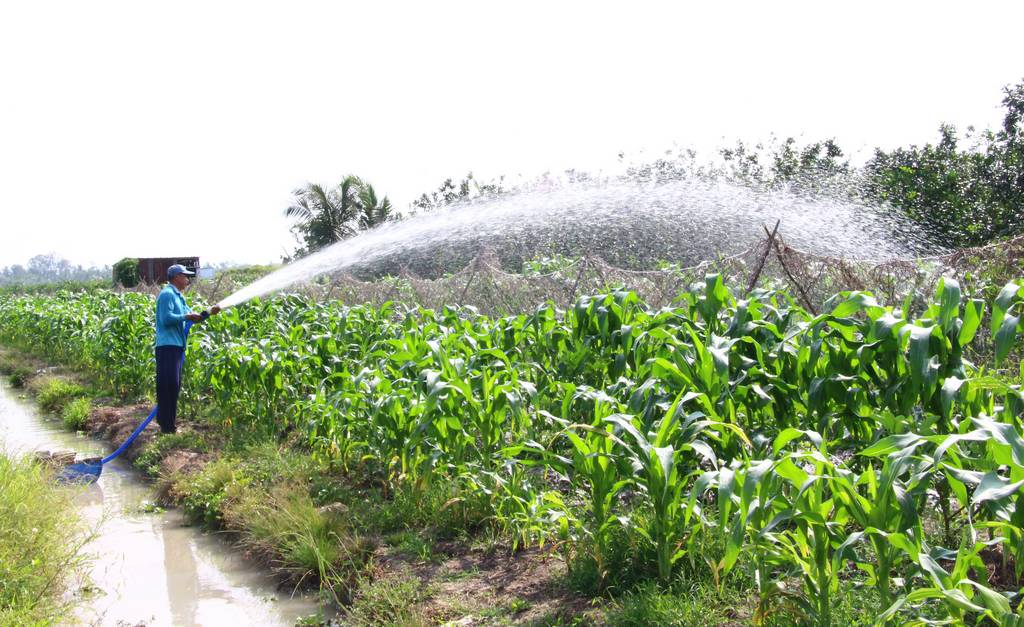















Comment (0)